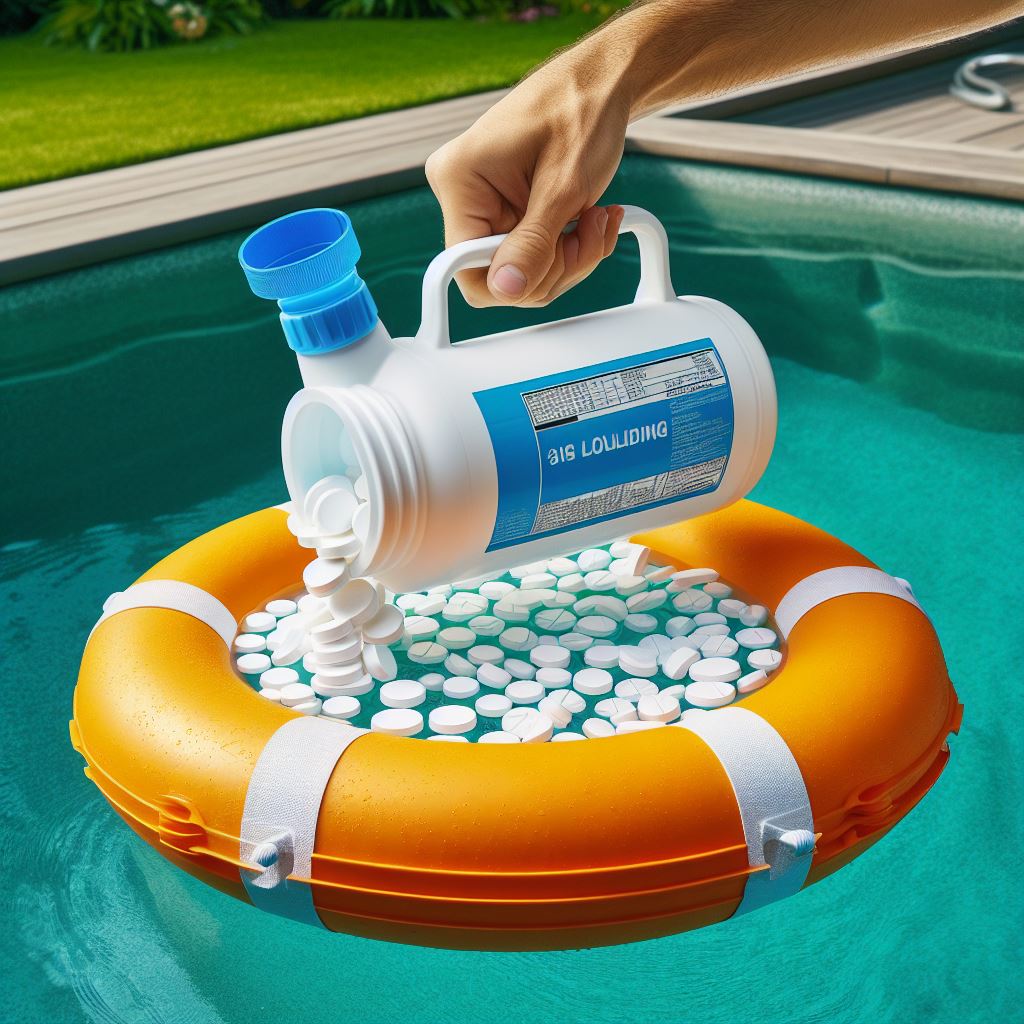Maintaining the cleanliness and safety of pool water is a responsibility and challenge for every pool owner. Understanding and correctly using pool chemicals not only ensures water quality health but also extends the life of pool equipment. This article will detail the types of pool chemicals and their usage, helping you easily maintain a clear and sanitary swimming environment.

The Importance of Pool Chemical Maintenance
Why Maintaining Chemical Balance is Necessary
Daily maintenance of a pool involves more than just cleaning surface debris and scrubbing walls. More crucially, it requires testing and precise control of the chemical composition in the water. This process ensures the cleanliness and safety of the pool water, while also helping to protect pool equipment from premature aging or damage due to water quality issues. Proper chemical balance prevents the growth of algae and bacteria, ensuring the health of swimmers.
Basic Types of Pool Chemicals and Their Applications
Choosing and Applying Disinfectants
The Importance and Usage of Chlorine
Chlorine is one of the most commonly used and effective chemicals for maintaining pool disinfection. It is available in liquid, granular, and tablet forms, each with its advantages and disadvantages:
Chlorine tablets: Suitable for gradual release of disinfectant, typically placed in automatic chlorinators or floating dispensers to dissolve slowly.
Liquid chlorine: Acts quickly, suitable for rapid adjustment of the pool’s chlorine level.
Granular chlorine: Easy to measure and can be sprinkled directly into the pool, suitable for treating large volumes of water quickly.
No matter which form is chosen, maintaining a free chlorine concentration of 1.0 to 4.0 ppm is crucial, which helps to effectively disinfect and prevent the growth of harmful microorganisms.
Timing and Method of Shock Treatment
Shock treatment is a process of using a high dose of chlorine for one-time deep disinfection after heavy use of the pool or after a rainstorm. This step is crucial for killing hard-to-remove bacteria and algae and is generally recommended to be done at least once a week.
The Importance of Water Balance Chemicals
Using pH Adjusters
Adjusting the pH is the most basic step in pool water chemical maintenance. The pH affects the efficacy of chlorine and the corrosion resistance of pool materials. A pH that is too high or too low can weaken the disinfecting power of chlorine and damage pool equipment.
Adjusting Total Alkalinity and Calcium Hardness
Total alkalinity is a measure of the content of alkaline substances in pool water, which helps stabilize the pH to avoid large fluctuations. Calcium hardness, on the other hand, refers to the total amount of dissolved calcium in the water, where appropriate calcium hardness can prevent water from being too hard or too soft, thus protecting pool facilities and equipment.
Using Specialty Chemicals and Their Effects
Algaecides and Flocculant
Algaecides effectively prevent and control the growth of algae in the water and come in various forms, including copper-based and quaternary ammonium compounds. Pool flocculant help filter systems remove pollutants more effectively by aggregating tiny particles to keep the water clear.
Stain and Scale Control
These chemicals help prevent mineral deposits on pool surfaces and equipment, avoiding unsightly stains and scale. Their use is very important for maintaining both the aesthetics and functionality of the pool.
The Role of Enzymatic Agents
Enzymes are natural chemicals that help break down organic pollutants in the water, such as grease and lotion. The decomposition of these substances helps reduce the burden on the filtration system, improving its efficiency and lifespan.
Conclusion
Maintaining the chemical balance of a pool requires careful and continuous attention. By regularly testing the water quality and adding the appropriate chemicals as needed, you can keep the pool water clean and safe while extending its lifespan. Proper use of chemicals not only ensures the pool’s health but also provides a pleasant swimming environment for you and your family.


